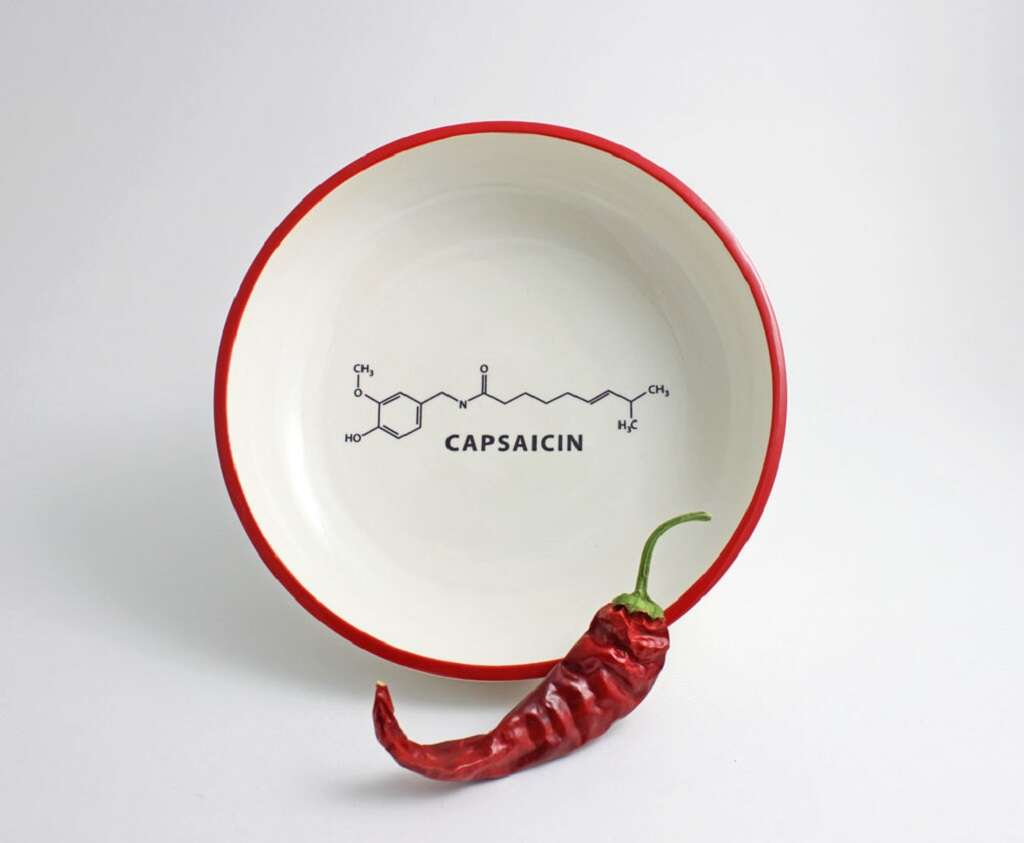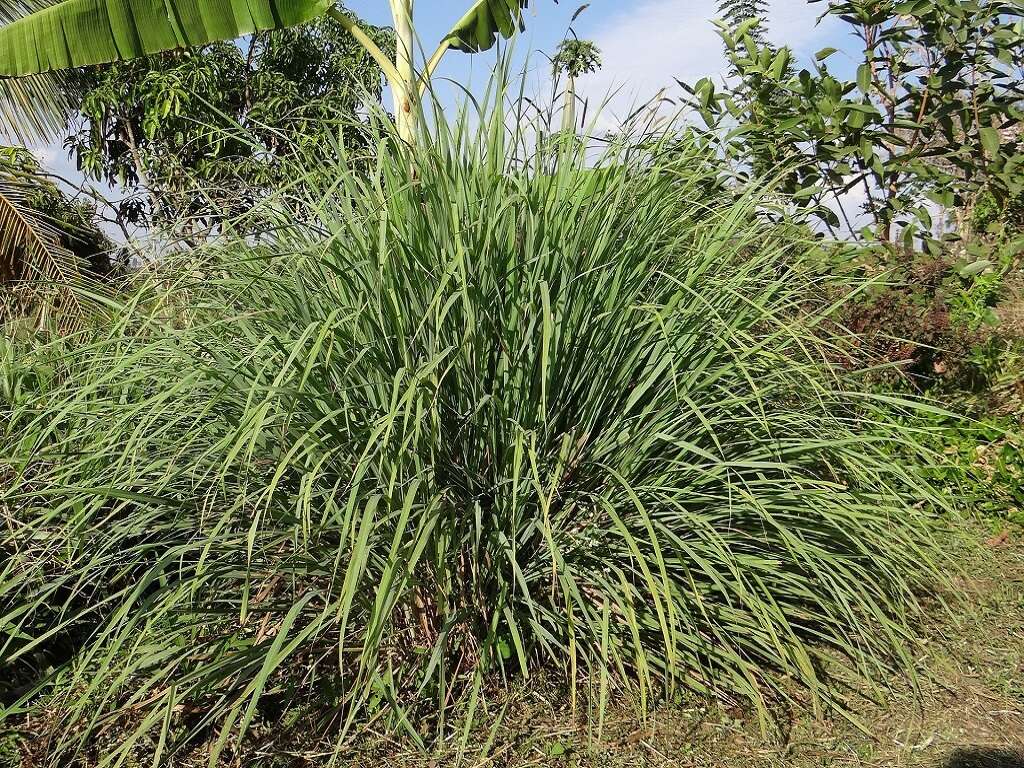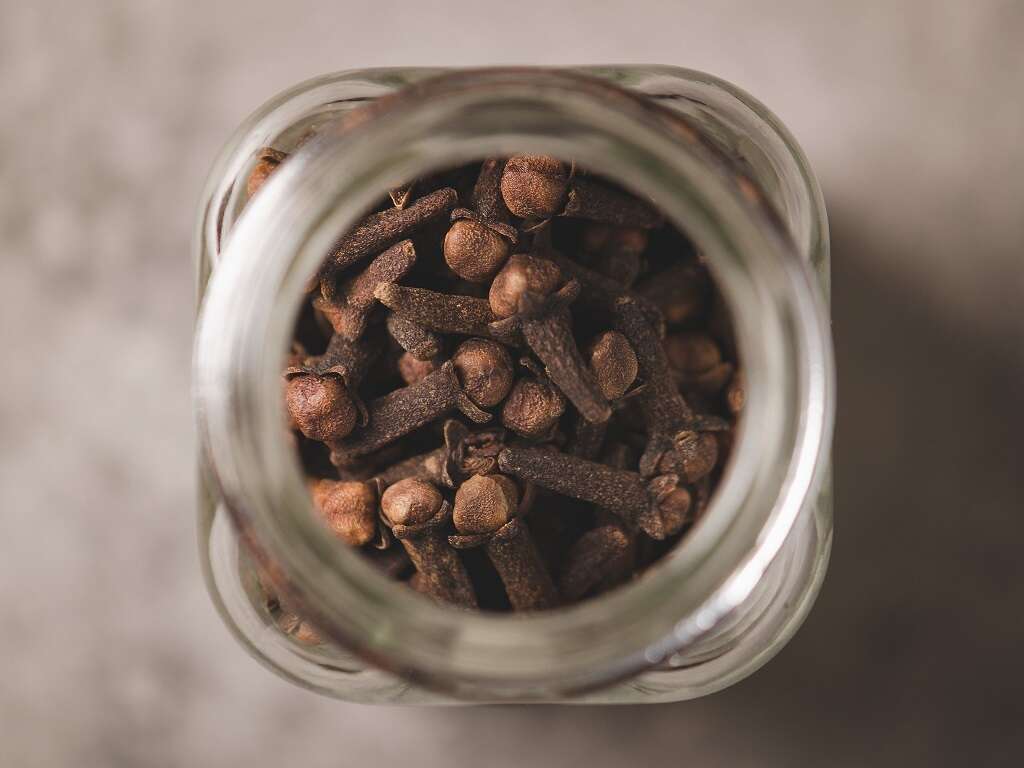Health Benefits of Cayenne Pepper
 Article Sources
Article Sources
- 1. 'Cayenne.' Mount Sinai Health System, www.mountsinai.org/health-library/herb/cayenne
- 2. 'Spicy Foods and Your Health.' Health Hive, hive.rochesterregional.org/2020/02/spicy-food-health
- 3. Kubala, Jillian. 'The 14 Best Foods to Increase Blood Flow and Circulation.' Healthline, www.healthline.com/nutrition/foods-that-increase-blood-flow#TOC/TITLE/HDR/2
- 4. 'Different Health Benefits of Cayenne Pepper.' EMediHealth, 10 Nov. 2020, www.emedihealth.com/cayenne-pepper.html
- 5. 28, Nancy Auyeung on Jul, et al. Helix Magazine. 'This Is Your Brain on Capsaicin.' Helix Magazine, helix.northwestern.edu/blog/2014/07/your-brain-capsaicin
- 6. 'Cancer Fighting Herbs and Spices.' Memorial Healthcare System, 22 Sept. 2016, [www.mhs.net/news/2016/09/cancer-fighting-herbs-and-spices.](http://www.mhs.net/news/2016/09/cancer-fighting-herbs-and-spices.)
- 7. Karthik Kumar, MBBS. 'What Cayenne Pepper Does to Your Body?' MedicineNet, www.medicinenet.com/what/cayenne/pepper/does/to/your/body/article.htm
Anyone who uses spices when they're cooking is likely to have cayenne pepper among their collection. The chili-type pepper is a popular spice used in many regional dishes, such as curries, chillies and spicy marinades. Originally grown in South America, the spicy pepper is a popular ingredient in cooking and has been used medicinally for thousands of years.
The possible health benefits of cayenne pepper may lie in one of its active components, capsaicin. The chemical irritant is what produces the burning sensation in the mouth and on the tongue, and it may also positively contribute to a person's health.

Possible Pain Reliever
Many people may not realize that the ointments they buy over the counter to relieve pain symptoms may contain capsaicin, the main medicinal characteristic of cayenne pepper. This active component may have the capacity to provide pain relief.
There are various recipes for homemade capsaicin available online, which are mostly made by combining peppers with oils, such as olive or coconut oil. People feel pain when a chemical called substance P delivers pain messages to the brain. It's thought that capsaicin could reduce the amount of this substance, resulting in the reduction of pain.1‘Cayenne.’ Mount Sinai Health System, www.mountsinai.org/health-library/herb/cayenne

May Support Weight Loss
Cayenne pepper may be beneficial to individuals who are trying to lose weight. The spicy pepper could help reduce cravings, resulting in a reduced caloric intake.2‘Spicy Foods and Your Health.’ Health Hive, hive.rochesterregional.org/2020/02/spicy-food-health
Another weight-loss characteristic that cayenne may have is its ability to increase metabolism, which could help the body convert nutrients into energy rather than fat. Lastly, ingesting the spicy peppers causes the body's temperature to rise, which could cause it to burn calories more efficiently.

May Help Reduce Blood Pressure
Stroke risk reduction and improved heart health and quality of life are just three of the many health benefits of managing high blood pressure. This can be achieved in numerous ways. Consuming cayenne pepper could be part of a healthy diet and a great addition to medication recommended for hypertension.
The pepper may increase blood flow to tissue by reducing blood pressure and stimulating the release of nitric oxide.3Kubala, Jillian. ‘The 14 Best Foods to Increase Blood Flow and Circulation.’ Healthline, www.healthline.com/nutrition/foods-that-increase-blood-flow#TOC/TITLE/HDR/2 Consuming cayenne pepper may also increase circulation and reduce plaque buildup in the arteries.

May Improve Digestive Health
The digestive system plays a crucial role in a person's overall health. A poor digestive system may result in uncomfortable symptoms, such as abdominal pain, indigestion and bloating. Cayenne pepper could improve a person's digestive health because it has the capacity to boost heart circulation, which accelerates the digestive process.
The versatile pepper also has the ability to increase the production of digestive fluid and boost the stomach's chances of fighting off infection, which could cause an improvement in an individual's digestive health.

May Help Clear Congestion
A stuffy blocked-up nose, otherwise known as nasal congestion, occurs when nasal tissues and blood vessels swell with excess fluid. The condition can be both irritating and uncomfortable. Capsaicin, the main ingredient in cayenne pepper, may have the ability to bring relief to a blocked-up nose.
The active component thins the mucus and stimulates the sinuses.4‘Different Health Benefits of Cayenne Pepper.’ EMediHealth, 10 Nov. 2020, www.emedihealth.com/cayenne-pepper.html This could result in an improvement in air circulation and offer some relief from nasal congestion.

Could Help Relieve Migraine Symptoms
The hot sensation in the mouth that people experience when consuming hot peppers, such as cayenne, could increase endorphins in the brain. These chemicals are produced naturally by the nervous system to help people cope with pain and dull unpleasant migraine sensations.528, Nancy Auyeung on Jul, et al. Helix Magazine. ‘This Is Your Brain on Capsaicin.’ Helix Magazine, helix.northwestern.edu/blog/2014/07/your-brain-capsaicin
The burning sensation the pepper creates could also impact the brain chemicals involved in pain signals related to migraines. This may result in the heat of the peppers overriding the migraine symptoms.

May Improve Skin and Hair
Cayenne pepper contains anti-inflammatory properties and may soothe blemished skin and treat skin discoloration caused by acne. Rather than using the pepper on its own, people can use it in conjunction with cocoa powder and avocado to create a paste.
Cayenne pepper enhances peripheral blood circulation, which may help nourish the scalp when used with olive oil. This could help improve the glossiness and fullness of a person's hair and possibly promote growth.

May Reduce the Risk of Cancer
Aside from containing the powerful antioxidant capsaicin, cayenne pepper also has something else in its armory that could help reduce the risk of cancer.
Capsaicin may also potentially slow the growth of cancer cells and even destroy the cells of many cancers, including prostate, pancreatic and skin cancers.6‘Cancer Fighting Herbs and Spices.’ Memorial Healthcare System, 22 Sept. 2016, www.mhs.net/news/2016/09/cancer-fighting-herbs-and-spices. Most of the anti-cancer effects had been evaluated in test tubes and animal studies. More research is needed to confirm these benefits.

How To Use Cayenne Pepper
Cayenne pepper can be used in several ways to benefit health. It's simple to incorporate into a diet because it comes in whole, spice and supplement forms. Adding a pinch to foods, such as eggs, fries and marinades, adds flavor to food and may even benefit a person's health.
There are numerous gels, patches, creams, extracts and pills available over the counter that contain cayenne or capsaicin. Individuals can also buy nasal sprays for congestion and teas for natural therapies.

Possible Negative Effects
Although cayenne is generally considered safe to eat, consuming excessive amounts could result in stomach ache and sickness. Anyone who isn't used to spicy food may find the heat the pepper produces somewhat uncomfortable.
Another problem that could arise is certain medications, such as aspirin and ACE inhibitors, and blood thinners, such as warfarin, could interact with high amounts of cayenne.7Karthik Kumar, MBBS. ‘What Cayenne Pepper Does to Your Body?’ MedicineNet, www.medicinenet.com/what/cayenne/pepper/does/to/your/body/article.htm When applied topically as a cream, some people may experience side effects, such as itching, irritation and burning.











